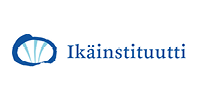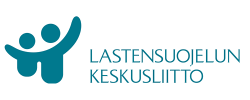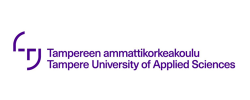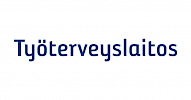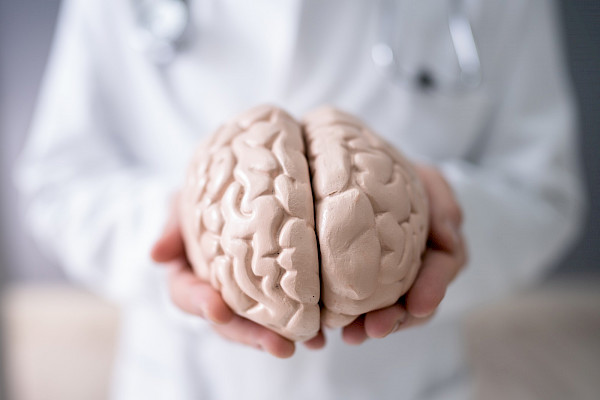
The awareness of brain health is rapidly increasing, but it does not reach the entire population. Many find it challenging to form a comprehensive understanding of the information and apply it in practice. There are also deficiencies in the knowledge and utilization of brain health among many professionals in promoting brain health.To ensure that tools and practices supporting comprehensive brain well-being, known as brain ergonomics, are taken into account in people's living environments and services, there is a need to increase information about brain functions. Both citizens and professionals from various fields, including occupational health and employers, require information about normal and impaired brain functions.
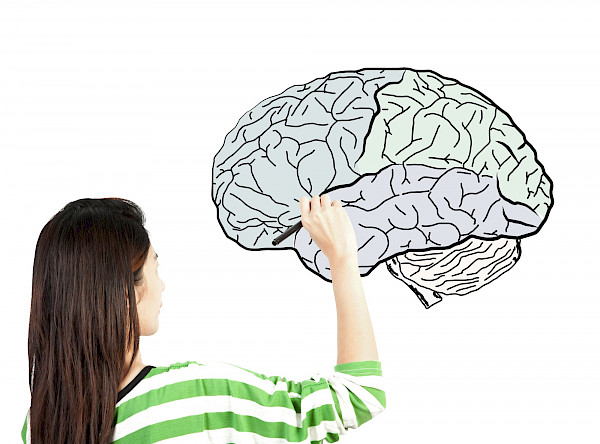
In addition to fundamental knowledge related to brain function, understanding how information can be applied in everyday life is essential. Beyond information, there is also a need for skill and opportunities to act based on that knowledge. Merely having information and choices is not sufficient for changing behavior, functions, and cultural practices; there is a need for examining attitudes and values. Particularly challenging is recognizing the significance of human capital and the role of promoting brain health in nurturing it. Increasing awareness of brain health enables the early identification of factors that strain the brain, as well as the implementation of protective, strengthening, and preventive measures throughout the lifespan.
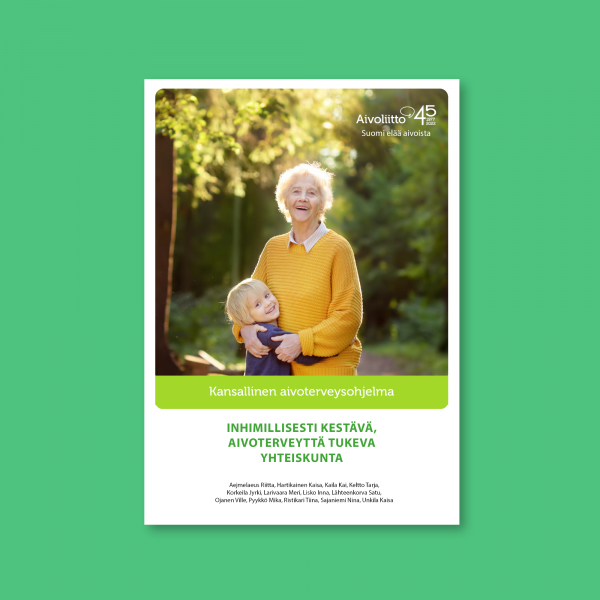
Download the working paper and other materials
In the background document, the principles and background of the national brain health program are recorded, along with research-based connections to impact goals and the prerequisites for achieving the goals. Familiarize yourself with the comprehensive background document prepared by nearly 50 experts or download the program's brochure.


